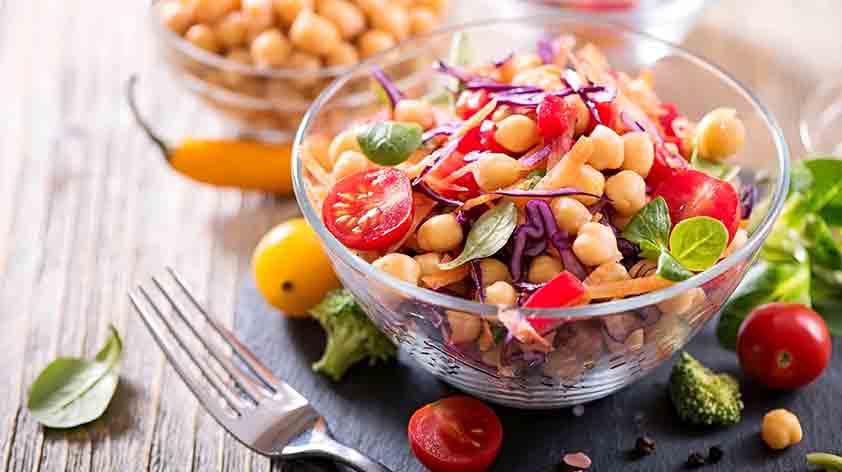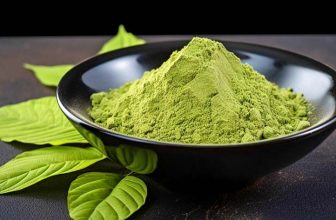
My name is David Myles. I was born into a family that, although ate meat, was otherwise health-conscious. I grew up in a period after the hysteria of mad cow disease which meant that I never experienced eating beef, or pork as the pig was considered an ‘unclean parasite’ in my family household. At the time I never fully appreciated how this made my transition from pesco-pollo vegetarian (one who eats fish, chicken, eggs and dairy) to a vegan arguably easier. Growing up, I ate all kinds of food.
As an adolescent, I ate chicken and chips from those fast food outlets, but even back then the consumption of such foods was sporadic or at least when compared to my school friends and peer group. I can recall a school friend revealing to me that he drinks a can of Coke daily and being quite shocked at that (as you probably know each 330ml can of Coke contains the equivalent of 9 teaspoons of sugar)! Read on to find out about My Life as a Vegan: How Veganism has Changed over the Years!
Health is Wealth
As I enjoyed keeping fit and maintaining optimal health, I began to explore new ways of improving my fitness.
In secondary school, I was already one of the top two fastest 100 and 200 metre runners in my year group and I was quite an impressive cross-country runner, regularly finishing in the top 3 or 4.
By 14 years-old, I was doing sit-ups, push-ups and even using my brother’s dumbbells to the concern of my mother who made sure she locked those dumbbells in the workshop.
At 12 Years-Old, I Started Experimenting
When I was about 12 years-old, I went on a short spell of abandoning certain foods because of my misunderstanding of good fats and supposedly bad fats and their connection with high cholesterol. Later I’d learn the difference between High-Density Lipoprotein (HDL) and Low-Density Lipoprotein (LDL).
It was not until I was just about to enter college that I began to seriously consider becoming a vegan. My decision had little to do with ethical reasons and the unsanitary conditions about where the food I was consuming was coming from (though all the chicken that my parents) purchased was always free-range and corn-fed if that helps). I was chiefly more concerned with my pH balance.
Ital is Vital vs the Fetishisation of Veganism
By 2010, I was a practicing vegan and had only one close friend that was what one would call a vegan. Back then veganism was still tremendously ‘fetished’.
Common remarks from people discovering that I was vegan were the eye-rolling ‘’Where do you get your protein?’’ and ‘’I could never live off rabbit food’’ and ‘’You don’t look like a vegan?’’
Rastafarian Influences
However, being heavily influenced by the Rastafarian movement which advocates a zero-beef diet and at the very least, tends to only eat fish, or on the other side of the spectrum, an entirely ‘Ital’ diet; this made vegan fetishism less of an issue.
My adventures to the Caribbean observed dishes such as curried goat and jerk chicken and it was also quite common to witness people that defined themselves as ‘Ital’.
It was in England, whilst an undergraduate student that I came across a myriad of people that classified themselves as vegan. Their reasons for turning to veganism ranged from environmental and ethical reasons, to their obsession with healthy eating.
The Rise of Veganism and its Commodification
Although I am no longer a vegan, I would estimate that about 75% of my diet is vegan with the rest consisting of fish and sporadic amounts of chicken.
Whilst it should be celebrated that more people are now vegans and that my generation (the millennials) are a pivotal force in this increase along with the advent of celebrity endorsements and your favourite fast-food franchise having vegan options readily available to consume, I do think we should be very cautious.
Just Being Vegan Doesn’t Necessarily Mean You’re Healthy
There seems to be a vague notion that being vegan equates to healthy living. When you consider that a popular fast-food franchise has more salt in their vegan burger than not only the fries but the regular burger; such notions need to be carefully analysed and re-evaluated.
The commodification of veganism is clear. From supermarkets selling your convenience products to popular music festival stalls labelling their chips as vegan by simply removing the fish from the ‘vegan option’. This might seem like an exaggeration, but we need to be careful that we don’t end up with a disproportionate number of overweight, malnourished, diabetic or otherwise unhealthy vegans.









